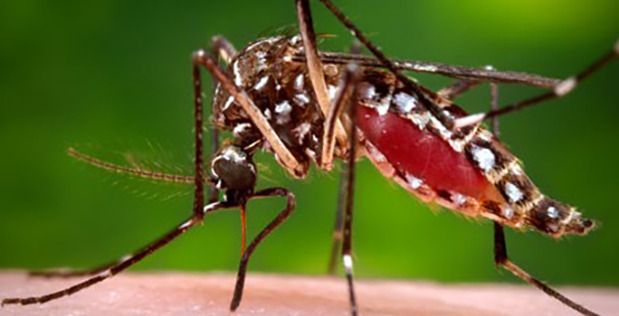ReVector researchers have expertise in synthetic biology, human microbiome, and mosquito studies.
The American Society for Microbiology estimates that there are trillions of microbes living in or on the human body that constitute the human microbiome1. The human skin microbiome (HSM) acts as a barrier between humans and our external environment, protecting us from infection, but also potentially producing molecules that attract mosquitos. Mosquitos are of particular concern to the Department of Defense, as they transmit pathogens that cause diseases such as chikungunya, Zika, dengue, West Nile virus, yellow fever, and malaria. The ReVector program aims to maintain the health of military personnel operating in disease-endemic regions by reducing attraction and feeding by mosquitos, and limiting exposure to mosquito-transmitted diseases.
Genome engineering has progressed to the point where editing the HSM to remove the molecules that attract mosquitos or add genes that produce mild mosquito repellants are now possible. While the skin microbiome has naturally evolved to modulate our interactions with the environment and organisms that surround us, exerting precise control over our microbiomes is an exciting new way to provide protection from mosquito-borne diseases.
In order to advance that concept, DARPA has awarded ReVector Phase 1 contracts to two organizations: Stanford University and Ginkgo Bioworks. These performers are tasked with developing precise, safe, and efficacious technologies to modulate the profile of skin-associated volatile molecules by altering the organisms that are present in the skin microbiome and/or their metabolic processes.
